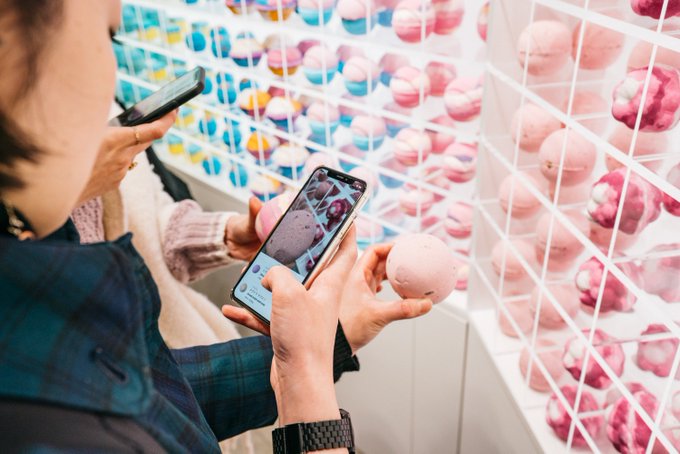Over 10% of the plastic we produce ends up in our ocean's
As the harsh reality of climate change has fully taken hold on the world, new government policies, business practices and even lifestyle choices have made a shift in focus by using Tech For Good to create a greener world for all of us.
With over 10% of the 260 million tonnes of plastic we produce a year ending up in our oceans, one of the biggest influences on unsustainable production and consumption is plastic pollution.
That’s why on #OnePlasticFreeDay, we’ve rounded up three products the team want to see go plastic free, with examples of brands leading by example in reducing the amount of plastic they produce.
1. Plastic water bottles
A staple in most communities and societies for generations, plastic water bottles have become something we’re gotten entirely used to, without quite realising that it takes up to 1,000 years for a single water bottle to decompose.
Evian pledge to use 100% recycled plastic water bottles by 2025
With a new focus on reducing the plastic that global water company Evian produce, they’ve pledged to become a full circular brand, meaning that by 2025, all the water bottles Evian produce will be 100% recyclable and made from 100% recycled plastic.
2. Plastic packaging
By far one of the most irritating and unnecessary uses of plastics in the today’s world, packaging has become a major cause of pollution with some brands even going as far as peeling oranges and replacing their skins with plastic packaging.
LUSH open the world's first package-free cosmetics store
Lush are leading by examples with their Naked product range which has seen 38% of their products become available package free. Using the Lush Lens mobile app to replace packaging in the stores across Milan, Berlin and Manchester.
3. Plastic straws
Within the next decade the face the risk of filling our oceans with one pound of plastic for every three pounds of fish that live there. One of the biggest influences on this are plastic straws, the WWF report that in America alone, the average person consumes 1.6 straws a day.
Metal straws to save the turtles
So in light of the recent uproar around McDonald’s new paper straws disintegrating into milkshakes, one brand, TurtleSavers, are using metal straws to help both individuals and brands reduce the plastics that the world produces. Championing a plastic-free alternative that could stop the 9.5 billion plastic straws ending up in our ocean every year.
https://twitter.com/TurtleSavers/status/1039451482817478657
Will we ever live in a plastic-free world?
To reduce the impact of plastics on our planet, we need to do more than just adopt more sustainable lifestyles, we need to implement industry-wide change that puts sustainability at the heart of everything we do.
Whether it’s mapping technology, mobile apps, drones or AI, the potential of sustainable technology in combating plastic pollution is obvious, but it’s the adoption of said technology on a global scale that offers the biggest barrier to making a difference.
Published on 5 June 2019, last updated on 10 May 2021
)
)
